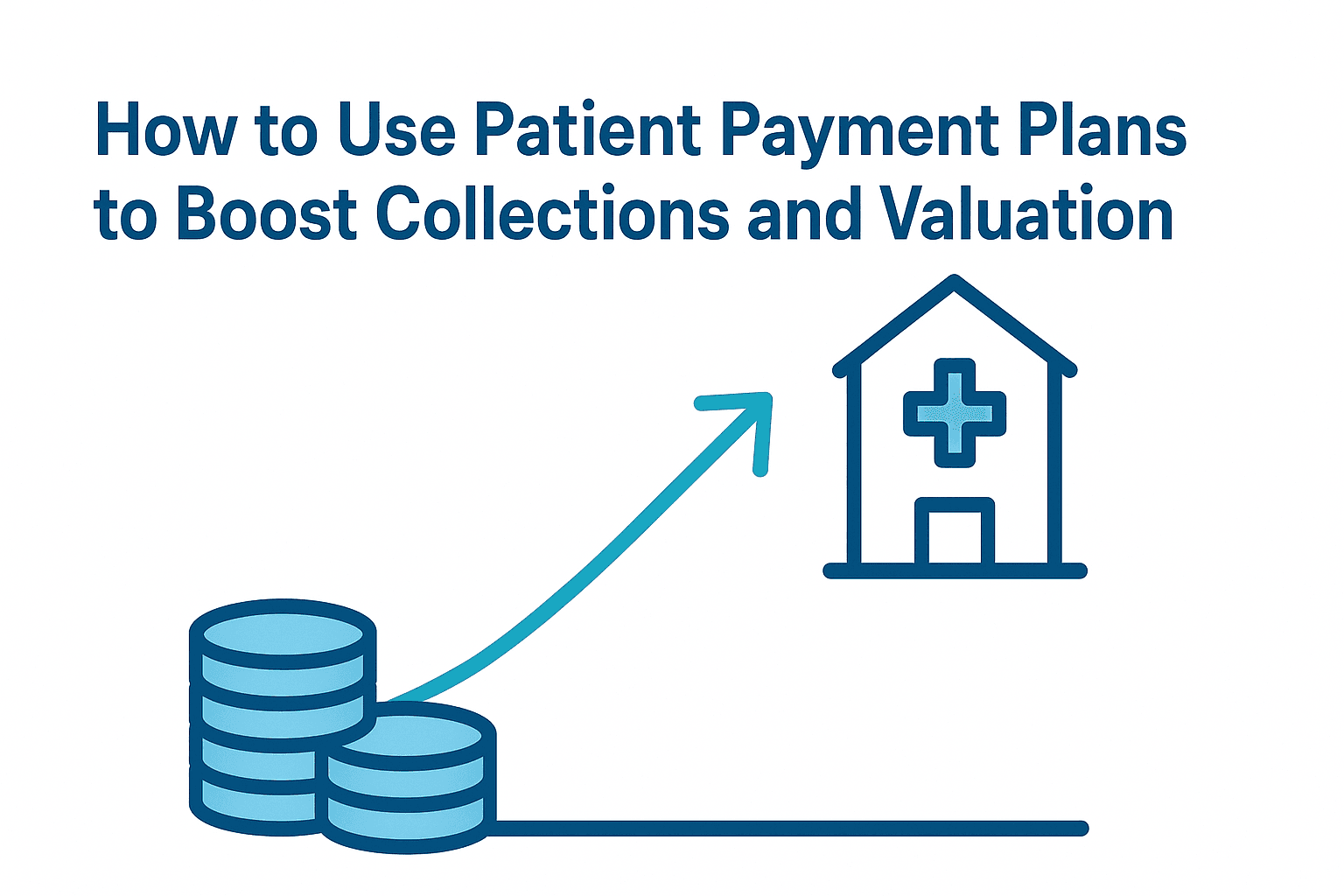The market for Home-Based ABA Services in Arkansas is strong, presenting a significant opportunity for practice owners considering a sale. However, turning that opportunity into a successful exit requires more than just finding a buyer. A successful transition depends on a clear understanding of your practice’s true value, navigating state-specific regulations, and preparing for buyer questions. This guide provides insights to help you prepare for the journey ahead.
Market Overview
If you own a home-based ABA practice in Arkansas, you are in a favorable position. The demand for ABA services continues to grow across the state, creating a stable client base and a healthy market for well-run practices. This consistent need for quality care makes your business an attractive asset.
At the same time, the type of buyer is changing. We see more interest from private equity groups and larger healthcare organizations. These groups are looking for practices like yours to build their platforms. They are experienced negotiators who look deep into your operations and financials. This trend presents a great opportunity for a premium valuation, but only for owners who are thoroughly prepared.
Key Considerations for Arkansas ABA Practices
When a buyer evaluates your practice, they look beyond the surface-level numbers. For a home-based ABA practice in Arkansas, their focus will be on a few specific areas.
Navigating Arkansas Regulations
Buyers will perform a detailed review of your compliance with the Arkansas Medical Practices Act and other state rules. They need proof that everything is documented and in order. Having your compliance house in order before a sale prevents last-minute surprises and builds buyer confidence.
Protecting Your Clinical Team
Your team of BCBAs and RBTs is the heart of your practice. A buyer’s biggest fear is that the clinical team will leave during the transition, disrupting care and revenue. A clear plan for retaining and transitioning your key staff is not just a talking point. It is a core component of your practice’s value.
Payer Contract Review
The terms and transferability of your contracts with insurance providers and Arkansas Medicaid are critical. Buyers will analyze these contracts to understand revenue stability. Any issues with contract transfers or unfavorable terms can become major obstacles in the final stages of a negotiation.
Market Activity and Timing
You will not find a list of recent ABA practice sales in Arkansas on a public website. These transactions are almost always private. They are managed through confidential processes run by M&A advisors. This means that without access to this private market data, it is difficult to know if you are timing your sale correctly or getting a fair price. The difference between an average valuation and a premium one often comes down to understanding the current appetite of buyers, which shifts quietly. Knowing when the market is most favorable for sellers like you is a strategic advantage.
The window of opportunity for optimal valuations shifts with market conditions.
The Sale Process at a Glance
Selling a practice is a structured process. While every deal is unique, the journey generally follows four main stages. Getting these stages right is key to a smooth and successful transaction.
- Preparation and Valuation. This is the foundational step. You will gather financial and operational documents and work with an advisor to determine a realistic and defensible valuation for your practice.
- Confidential Marketing. Your advisor confidentially presents the opportunity to a curated list of qualified buyers. This process is designed to create competitive tension and protect your privacy.
- Due Diligence. The selected buyer performs a deep dive into your practice’s financials, operations, and compliance. This is where most deals face challenges. Being prepared here is critical.
- Closing. Legal documents are finalized, funds are transferred, and the transition plan for ownership, staff, and clients begins.
The due diligence process is where many practice sales encounter unexpected challenges.
How Your Practice is Valued
A buyer is not just buying your history. They are buying your future cash flow. That is why the most important metric in your practice’s valuation is Adjusted EBITDA (Earnings Before Interest, Taxes, Depreciation, and Amortization). This figure represents the true earning power of your practice by normalizing for owner-specific expenses. For smaller ABA practices, valuations often fall in the range of 3x to 6x this Adjusted EBITDA figure. The final multiple depends on several key factors that tell the story of your practice’s health and stability.
| Valuation Driver | Why It Matters to a Buyer |
|---|---|
| Adjusted EBITDA | This shows the core profitability and cash flow of the business. |
| Client Retention | High retention signals quality of care and predictable future revenue. |
| Staff Stability | A stable team of BCBAs/RBTs reduces the buyer’s risk of service disruption. |
| Operational Systems | Clean financials and documented processes make the business easier to run. |
A comprehensive valuation is the foundation of a successful practice transition strategy.
Post-Sale Considerations
A successful sale is about more than the final price. It is about ensuring a smooth transition that honors the work you have put in. Planning for what happens after the deal closes is just as important as planning for the sale itself.
Your Future Role
What do you want to do after the sale? Some owners want to leave immediately, while others prefer to stay on for a year or two to help with the transition. It is important to define your desired level of involvement early in the process. This becomes a key part of the negotiation and ensures your expectations align with the buyer’s.
Protecting Your Legacy
You have built more than a business. You have built a team and a reputation for providing quality care to families in your community. A good transition plan ensures continuity of care for your clients and provides security for your clinical and administrative staff. Making sure your team is cared for is often a top priority for sellers. It is a critical part of protecting your legacy.
Your legacy and staff deserve protection during the transition to new ownership.
Frequently Asked Questions
What is the current market outlook for home-based ABA practices in Arkansas?
The market for Home-Based ABA Services in Arkansas is strong with growing demand across the state, creating a stable client base and a healthy environment for well-run practices.
What should I consider regarding state regulations when selling my home-based ABA practice in Arkansas?
Buyers will closely review your compliance with the Arkansas Medical Practices Act and other state regulations. Ensuring all documentation and compliance related to state rules is in order before selling is crucial to avoid surprises and build buyer confidence.
How important is staff retention when selling an Arkansas home-based ABA practice?
Staff retention is critical since the clinical team of BCBAs and RBTs is the heart of the practice. Buyers fear losing key staff during the transition as it disrupts care and revenue. Having a clear plan to retain and transition your key clinical team adds significant value.
What factors affect the valuation of my home-based ABA practice in Arkansas?
The valuation largely depends on Adjusted EBITDA, which reflects the practice’s true earning power. Other key factors include client retention, staff stability, and having well-documented operational systems which make the business easier to run and reduce buyer risk.
What are the main stages in the sale process for a home-based ABA practice in Arkansas?
The sale process generally follows four main stages: 1) Preparation and Valuation, 2) Confidential Marketing, 3) Due Diligence, and 4) Closing. Each stage plays a critical role in ensuring a smooth and successful transaction.



